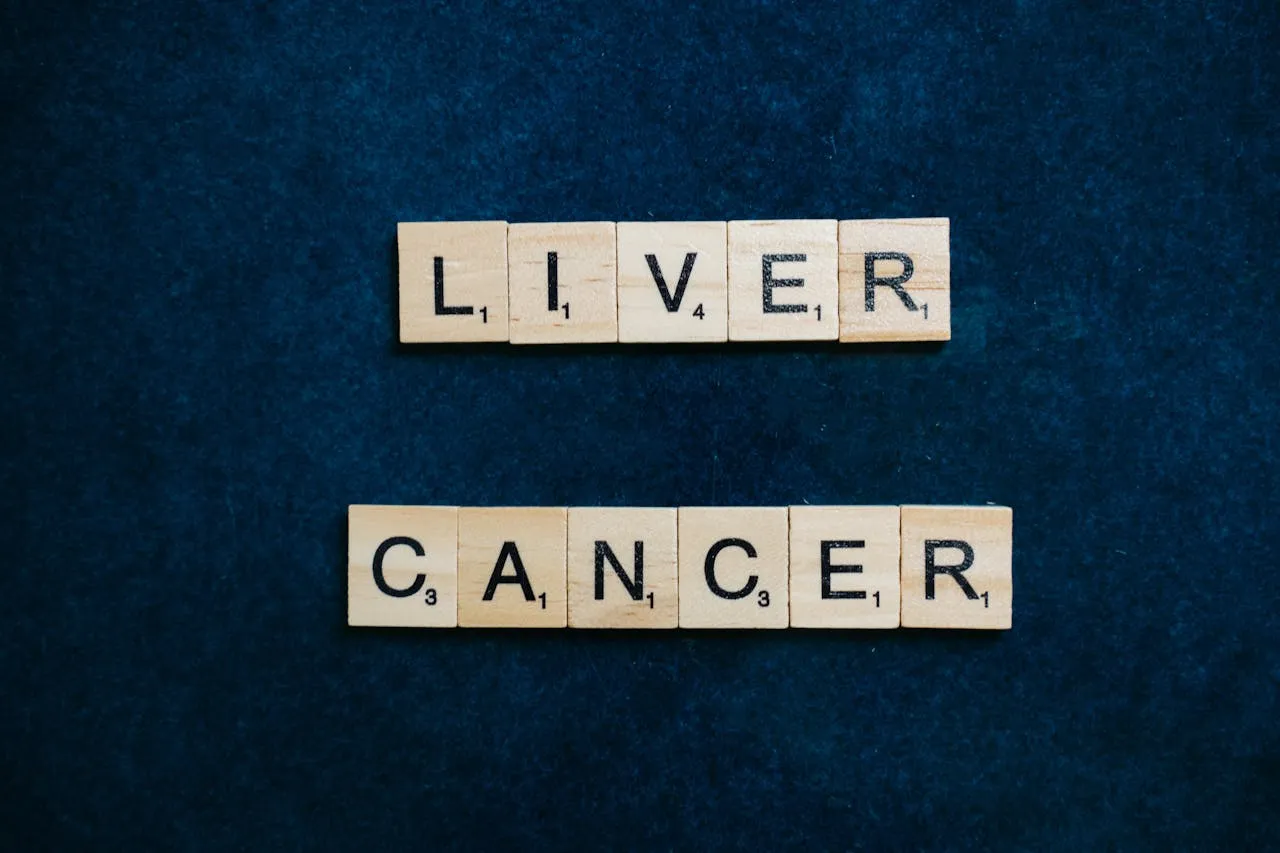
FDA Approves Opdivo and Yervoy Combo as First-Line Treatment for Advanced Liver Cancer
In a significant advancement for liver cancer treatment, Bristol Myers Squibb (NYSE: BMY) has announced that the U.S. Food and Drug Administration (FDA) has granted full approval for its immunotherapy combination of Opdivo® (nivolumab) and Yervoy® (ipilimumab) as a first-line treatment for adult patients with unresectable or metastatic hepatocellular carcinoma (HCC). This landmark decision provides a new, immune-based therapeutic option for patients battling the most prevalent form of primary liver cancer and underscores the growing role of checkpoint inhibitors in reshaping treatment landscapes across a variety of solid tumors.
A Pivotal Shift in the HCC Treatment Paradigm
The FDA’s decision is rooted in robust clinical data from the Phase 3 CheckMate-9DW trial, a global, randomized, open-label study that compared the Opdivo-Yervoy regimen to physician’s choice of standard tyrosine kinase inhibitor (TKI) therapy—either lenvatinib or sorafenib—as first-line treatment. Notably, this trial is the first of its kind to show statistically significant survival benefits for an immunotherapy combination over the current TKI monotherapy options in this patient population.
In CheckMate-9DW, the dual checkpoint blockade demonstrated a statistically significant improvement in both overall survival (OS) and overall response rate (ORR), reinforcing its potential to challenge and possibly displace TKIs as the standard of care for treatment-naïve patients with advanced HCC.
“The CheckMate-9DW approval is an important advancement for patients, considering the incidence of liver cancer has tripled in the last four decades, yet prognosis for HCC patients remains poor,” said Dr. Aiwu Ruth He, MD, PhD, a principal investigator on the study while at MedStar Georgetown University Hospital.
“The availability of a new first-line treatment option that demonstrated a deep response can offer adults with this form of liver cancer long-term overall survival and may help address an unmet need. Given the strength of evidence from the trial, especially considering the selection and performance of a strong comparator arm, I believe that Opdivo plus Yervoy has the potential to become a standard of care for the first-line treatment of patients with unresectable or metastatic HCC.”
Demonstrated Survival and Response Benefit
Data from the CheckMate-9DW trial showcased a compelling clinical benefit for the Opdivo-Yervoy combination. Among 335 patients treated with the immunotherapy duo, the median overall survival reached 23.7 months (95% CI: 18.8-29.4), compared FDA to 20.6 months (95% CI: 17.5-22.5) in the 333 patients treated with either lenvatinib or sorafenib. This corresponds to a hazard ratio (HR) of 0.79 (95% CI: 0.65-0.96; P=0.0180), reflecting a 21% reduction in the risk of death.
Even more striking was the difference in three-year OS rates: 38% for patients receiving the immunotherapy combination FDA versus 24% for those treated with TKI monotherapy. These data suggest not only a prolonged survival advantage but also a meaningful shift in long-term patient outcomes.
The combination also elicited deeper and more durable tumor responses. The overall response rate with Opdivo plus Yervoy was 36.1% (95% CI: 31-41.5), compared to just 13.2% (95% CI: 9.8-17.3; P<0.0001) in the comparator arm. Complete responses were observed in 6.9% of patients receiving the combination therapy, versus 1.8% in the TKI arm, while partial responses were seen in 29.3% and 11.4% of patients, respectively.
The median duration of response (mDOR) further underscored the sustained benefit of immunotherapy. Among responders in the Opdivo-Yervoy group, mDOR reached 30.4 months (95% CI: 21.2–not reached), compared to 12.9 months (95% CI: 10.2–31.2) for lenvatinib or sorafenib. Although DOR was not part of the hierarchical FDA statistical testing and thus not a powered endpoint, the magnitude of difference is nonetheless clinically meaningful.
Safety Profile Consistent With Prior Findings

The safety and tolerability of the combination therapy were consistent with the well-established profiles of both Opdivo and Yervoy. No new safety signals were identified in the CheckMate-9DW trial, affirming the predictability and manageability of immune-related adverse events (irAEs) in this setting.
However, the immunotherapy duo remains associated with serious immune-mediated adverse reactions. These include, but are not limited to, pneumonitis, colitis, hepatitis, endocrinopathies, nephritis, dermatologic toxicities, and other immune-mediated events. Additionally, complications may arise in the context of allogeneic hematopoietic stem cell transplantation (HSCT), and there is an increased risk of embryo-fetal toxicity. Importantly, the use of Opdivo in combination with a thalidomide analogue and dexamethasone in multiple myeloma has been associated with increased mortality and is not recommended outside controlled clinical trials.
Patients and healthcare providers are advised to review the full prescribing information, including the Medication Guide and the detailed section on Warnings and Precautions.
A Legacy of Immunotherapy in HCC
Today’s approval represents a pivotal milestone for Bristol Myers Squibb and its immunotherapy franchise. Not only does it convert the 2020 accelerated approval of the combination (based on data from the CheckMate-040 trial) into a full FDA approval, but it also extends the indication into the front-line setting—where unmet clinical needs are considerable.
Previously, the Opdivo-Yervoy regimen was used in the second-line setting for patients with advanced HCC who had received FDA prior treatment with sorafenib. With this latest FDA decision, the combination therapy is now available as a first-line option, offering oncologists and patients a new, potentially more effective route to long-term survival.
Wendy Short Bartie, senior vice president of Oncology Commercialization at Bristol Myers Squibb, commented on the broader significance of the announcement: “Bringing Opdivo plus Yervoy to patients with HCC in the first-line setting is a testament to our ongoing commitment to research and delivering important progress for people living with cancer. Today’s approval builds on the legacy of our dual immunotherapy and the value it has brought to patients for years. We are thrilled to add this indication for this important therapy—our second approval for Opdivo plus Yervoy in the gastrointestinal space this week alone—and look forward to providing a new first-line treatment option to patients in need.”
A Transformative Moment for Liver Cancer Treatment
The full FDA approval of Opdivo plus Yervoy marks a critical inflection point in the treatment of hepatocellular carcinoma. It not only broadens the arsenal of therapeutic options available to clinicians but also affirms the central role of immunotherapy FDA in managing advanced liver cancer. As HCC incidence continues to rise in the U.S. and globally, the need for efficacious, durable, and well-tolerated treatments is more pressing than ever.
The success of the CheckMate-9DW trial not only validates the scientific rationale behind dual checkpoint inhibition but also sets a new benchmark for future clinical trials in this space. As Bristol Myers Squibb continues to expand the reach of its immuno-oncology portfolio, this approval will likely serve as a springboard for additional innovations across gastrointestinal and hepatobiliary cancers.
For oncologists, hepatologists, and the broader cancer care community, the availability of Opdivo plus Yervoy as a first-line treatment option FDA represents a significant leap forward—one that promises to deliver improved outcomes for a population that has historically faced limited therapeutic prospects.





